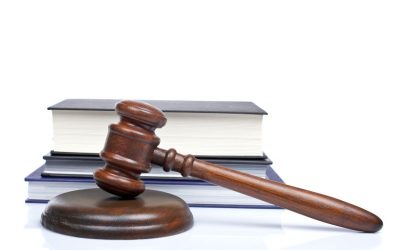Sometimes, a person gets into so much debt they can’t easily get out from under the burden on their own. No matter how much they want to catch up the payments and pay off the debt, the interest accruing on the debt and the high payments make it almost impossible. One way to deal with some types of debt is to file chapter 13 bankruptcy in Fairfield, OH. However, this isn’t the best option for everyone, so it’s important to consider how the process works before making a decision.
Who Can File
Not everyone is eligible to file chapter 13 bankruptcy in Fairfield, OH. A person can’t have had a bankruptcy case dismissed by the court in the last 180 days and must have completed an approved credit counseling course within that time frame. They must have no more than $1,149.525 worth of secured debt and no more than $383,175 worth of unsecured debt. A bankruptcy attorney, such as those at Domain, can help you figure out if you qualify.
Necessary Information
To file for this type of bankruptcy, a person will need to be able to provide the court with information on how much income they have, how often they get paid, and where the money comes from. They also need to make a list of all of the property they own and a list of all their monthly living expenses. Finally, they need a list of all the people they owe money to, how much they owe, and what they owe the money for.
How It Works
Once the petition is filed, a trustee is appointed to deal with the case. The people who are owed money can no longer contact the person filing for bankruptcy or pursue any actions against them. Instead, the trustee will set up a payment schedule that the person filing for bankruptcy will need to follow. They pay the trustee the set amount of money each month, and then the trustee passes this money on to the creditors.
Potential Benefits
Unlike some other types of bankruptcy, chapter 13 bankruptcy can make it so people can keep their homes and helps protect cosigners from having to pay the debt. The debtor may not have to pay the full amount of money owed to discharge the debt, especially in the case of unsecured debt such as credit card debt.


